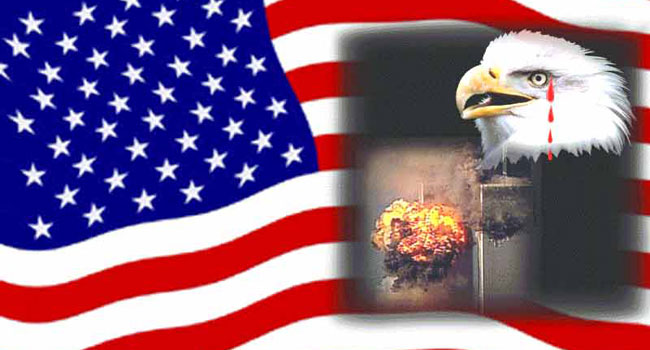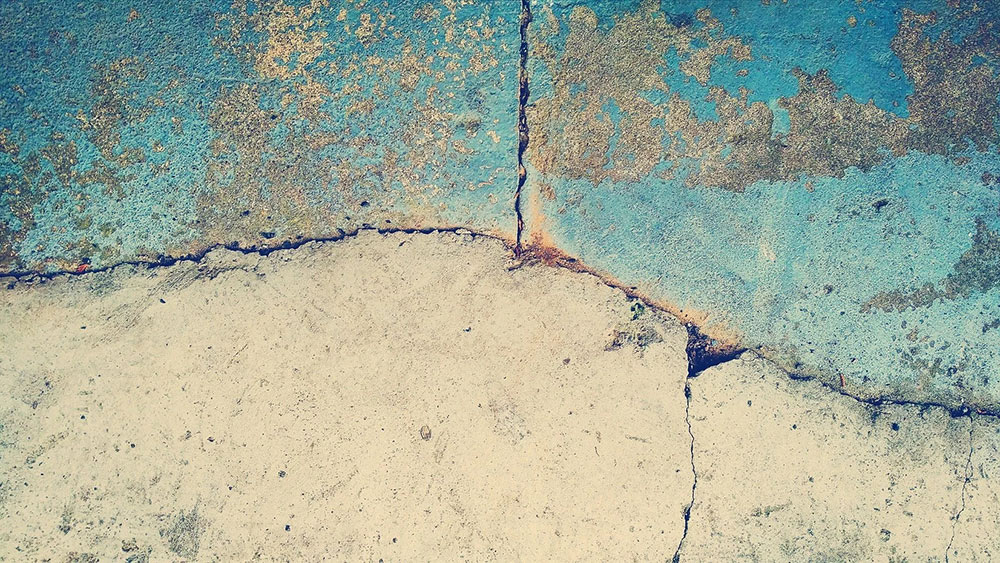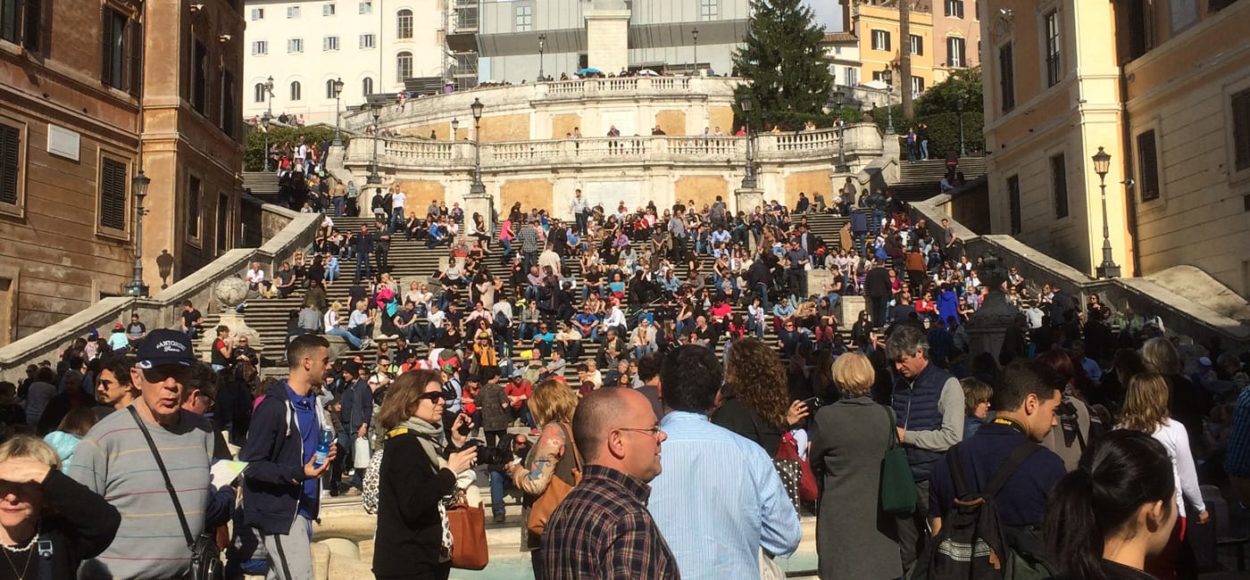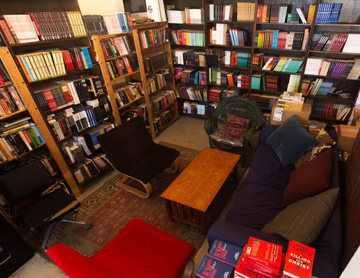This is an article I wrote 10 years ago today, when I was just starting my journalism master’s degree at Columbia University. Each of us was assigned a New York neighbourhood as our “beat” – mine was Crown Heights in Brooklyn. I went out there and interviewed people on Eastern Parkway about their reactions to the upcoming one-year anniversary of the September 11th attacks, and discovered that their views were more nuanced than the flag-waving sentiment engulfing much of the nation at the time.
It’s an article that means a lot to me, as my first baby step on the road to becoming a writer, and I hope it also offers an interesting slice of New York City social history. I’ll be posting more pieces from ten years ago as the anniversaries come along. To see my introduction to the series, and to read links to more articles as I post them, click here.
United we Stand?
12 August 2002
One year after September 11, residents of Crown Heights are skeptical about the claim that the tragedy has united American citizens.
“You’ll never see Americans united,” said St. Aubyn Thomas, a 44-year-old social worker from St. Vincent, who has lived in Crown Heights for 23 years. “You’ll see America united in different factions, everyone in their own little corner . . . . The conflict will never be settled until maybe some catastrophe comes along and wipes out everyone and we can start all over again. That’s the only way I see America being united.”
Interviewing 10 people along Eastern Parkway yesterday afternoon revealed that most of them do not believe America is truly united, and most were deeply critical of a broad range of governmental policies such as racial profiling and the war on terrorism.
Tarra Hall, 30, moved to New York from Winston-Salem, N.C., shortly after September 11. “I’m really disappointed in this city, I really am,” she said, “because there’s so much hatred. If something like that was to happen where I come from, I think I would have to change, meaning my enemies would become my best friends.” But she has seen little sign of change since moving to the city. She has also found it impossible to get a job or to secure welfare payments for her 8-year-old son, her car was damaged by a driver who refused to stop, and the police “laughed off” her complaints when she called them to her house in a domestic dispute.
Others have also found that America’s newfound unity does not extend to them. Al Johnson, 53, a clerk for the Human Resources Administration, said he “saw it change for a couple of months, then it seemed like it went right back to the way everything normally was.”
There was one exception to this viewpoint. Jael Abellard, 20, took a break from handing out Jehovah’s Witnesses leaflets to say that “people are nicer, like New Yorkers would smile when they got on the train and start a conversation, and before September 11 it was not like that.”
None of those interviewed were united behind the president’s war on terrorism. Johnson said, “Just to create a war with Iraq as a diversion from your own economic failures, which I think he’s trying to do, I don’t see any gain in it. All you’re going to do is create more hatred within the Muslim world against the United States.” Several other people described the United States as a “bully”, and said that more aggression would not solve the problem. “If you don’t have a good neighbor,” said Hall, “if you’re mean and you’re kicking their dog every time you see it, then next time they need something from you they aren’t going to give it to you, because you done treated them nasty, you kicked their dog, so now they want to war with you. That’s the same way this is.”
In addition, Thomas saw the detention without trial of 1,500 Muslims after September 11 as an expression of America’s disunity and a violation of the constitutional rights of people who had not been proven guilty of any crime. Johnson, on the other hand, described the detentions as a “necessary evil,” although he disagreed with the length of time they were kept in jail. “You still got to have a trial,” he said.
Just as September 11 could not create immediate unity out of America’s long history of division, so the heroism of the police has not erased long-standing resentments. Nobody expressed a positive opinion of the police. Johnson explained this by recounting a long list of black youths killed by the police over the last 30 years, continuing even after September 11. “Most of these police are white from the suburbs, have no interaction with blacks until they get here on the job,” he said. “When they come to work, they see all blacks as perpetrators.”
Johnson also pointed out that blacks have fought every war in America’s history, but have received nothing in return, saying that this accounts for the skepticism about the current ‘united stand.’ Tarra Hall agreed, saying, “I don’t stand united. I don’t even believe in the Pledge of Allegiance. I don’t even know what it means. ‘I pledge allegiance to the flag.’ What’s the flag ever done for me?”




There are 3 comments
I nominated you for a Liebster Award. Feel free to answer the questions and pass it on. If you don’t feel like it, it’s alright.
https://beautyisasleepingcat.wordpress.com/2012/08/16/thank-you-for-the-liebster-award/
Thanks Caroline, looks interesting! I appreciate the nomination, and love your questions. Will probably answer, but maybe not very promptly – have a lot of things happening at the moment!